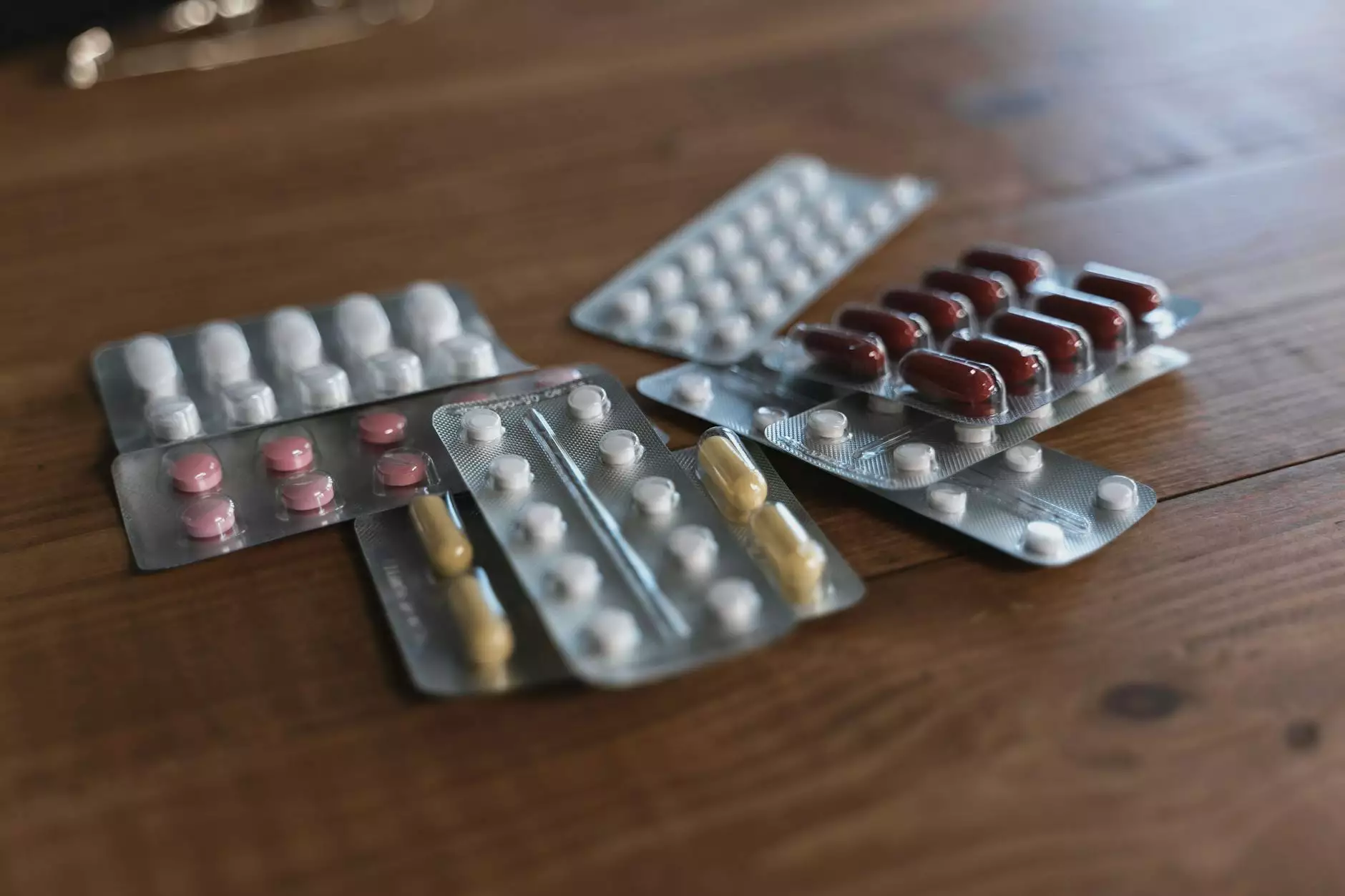Understanding Growth Hormone Drugs: A Comprehensive Guide for Pet Owners

In the realm of pet care, the role of growth hormone drugs cannot be underestimated. These substances have gained prominence not only among human beings but also in veterinary medicine. As a pet owner, understanding the intricacies of these drugs can empower you with the information needed to make sound decisions for your beloved companions. In this comprehensive guide, we will cover everything from what growth hormone drugs are, their benefits, potential risks, along with expert insights tailored specifically for pet care enthusiasts.
The Basics: What Are Growth Hormone Drugs?
Growth hormone drugs are synthesized compounds that mimic the effects of the natural growth hormone (GH) produced by the pituitary gland. In both humans and animals, these hormones play a crucial role in growth, metabolism, and overall health. In veterinary practices, these drugs are primarily utilized to:
- Promote growth in young pets: Especially in those that may not be gaining weight at a normal rate.
- Improve tissue repair: Enhancing recovery from injuries or surgeries.
- Support metabolic functions: Assisting in weight management and maintaining a healthy body composition.
How Do Growth Hormone Drugs Work?
The mechanisms of growth hormone drugs are multifaceted. They stimulate various physiological processes that culminate in growth and metabolic enhancement. Here’s a breakdown of how they function:
- Stimulating Growth: Growth hormone drugs enhance bone and tissue growth by promoting the synthesis of proteins and stimulating growth plates in bones.
- Metabolism Boost: These drugs play a significant role in how the body metabolizes fats, carbohydrates, and proteins, leading to improved energy levels and nutrient absorption.
- Enhancing Immune Function: By regulating immune responses, growth hormone drugs may help pets fight off infections more effectively.
The Benefits of Growth Hormone Drugs for Pets
Are you wondering whether growth hormone drugs could be beneficial for your pet? Here are several advantages that may resonate with your pet’s needs:
1. Improved Growth in Puppies and Kittens
For young animals that experience growth deficiencies due to various reasons—be it genetics, illness, or malnutrition—growth hormone drugs can provide critical support. These substances can facilitate proper growth and development, ensuring that your pet reaches its full potential.
2. Enhanced Recovery from Surgery or Illness
When pets undergo surgery or suffer from illnesses, their bodies often need extra help to heal. Incorporating growth hormone drugs into the treatment plan can significantly accelerate recovery times by enhancing cellular regeneration and tissue repair.
3. Development of Lean Muscle Mass
For older pets or those with weight management issues, growth hormone drugs can assist in the development of lean muscle mass while reducing fat. This improved body composition leads to better overall health and vitality, allowing pets to enjoy a more active lifestyle.
Potential Risks and Considerations
As with any medical treatments, the use of growth hormone drugs is not without risks. It's vital to approach their usage with caution and under the guidance of a veterinarian. Below are some concerns to keep in mind:
- Hormonal Imbalance: Excessive use can lead to hormonal imbalance, causing side effects like joint problems, diabetes, and increased growth of unwanted tissues.
- Adverse Reactions: Some pets may exhibit allergic reactions or other adverse effects to synthetic growth hormones.
- Cost: The financial investment in growth hormone therapies can be significant, requiring careful consideration of whether the potential benefits justify the expense.
Consultation with Your Veterinarian
Before considering growth hormone drugs for your pet, it is crucial to consult with a qualified veterinarian. They can conduct a thorough health assessment and determine whether your pet may benefit from these drugs. Here are some key points to discuss during your consultation:
- Your Pet's Medical History: Provide detailed information about your pet’s health, previous illnesses, and treatments.
- Current Diet and Nutrition: Discuss your pet’s nutrition, as a well-balanced diet is fundamental to their overall health.
- Expected Outcomes: Ask about the potential benefits and risks associated with growth hormone drugs and what results you can expect.
Alternatives to Growth Hormone Drugs
While growth hormone drugs can be beneficial, alternatives may also support your pet's health and growth. Here are some options to consider:
1. Proper Nutrition
Feeding your pet a high-quality, nutritionally balanced diet can be the first step toward ensuring optimal growth and health. Look for products that contain essential vitamins, minerals, and proteins tailored to your pet’s specific needs.
2. Exercise
Regular physical activity is crucial for maintaining a healthy weight and muscle condition. Engage your pet in daily activities—walks, playtime, or agility training to promote fitness and overall well-being.
3. Regular Veterinary Check-Ups
Routine veterinary visits help catch potential health issues early. Your veterinarian can monitor your pet’s growth and development and make recommendations tailored to your pet’s specific needs.
Conclusion: Making Informed Decisions About Growth Hormone Drugs
Deciding whether to use growth hormone drugs for your pet involves careful consideration and should always be made in consultation with a veterinarian. The benefits can be substantial, especially for young or recovering animals, but the risks and costs should be thoroughly evaluated. As a proactive pet owner, staying informed about the options available for your pets is essential. Prioritize your pet’s health by making informed decisions that will enhance their quality of life.
At Blue Pearls Med, our commitment is to provide you with valuable resources and expert veterinary care to ensure your pets live their healthiest and happiest lives. Embrace the right knowledge, and you will be better equipped to navigate the intricate world of pet health and wellness.









